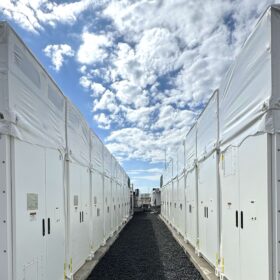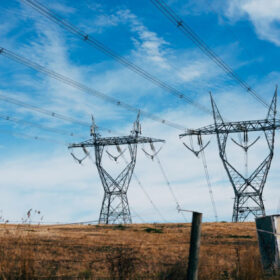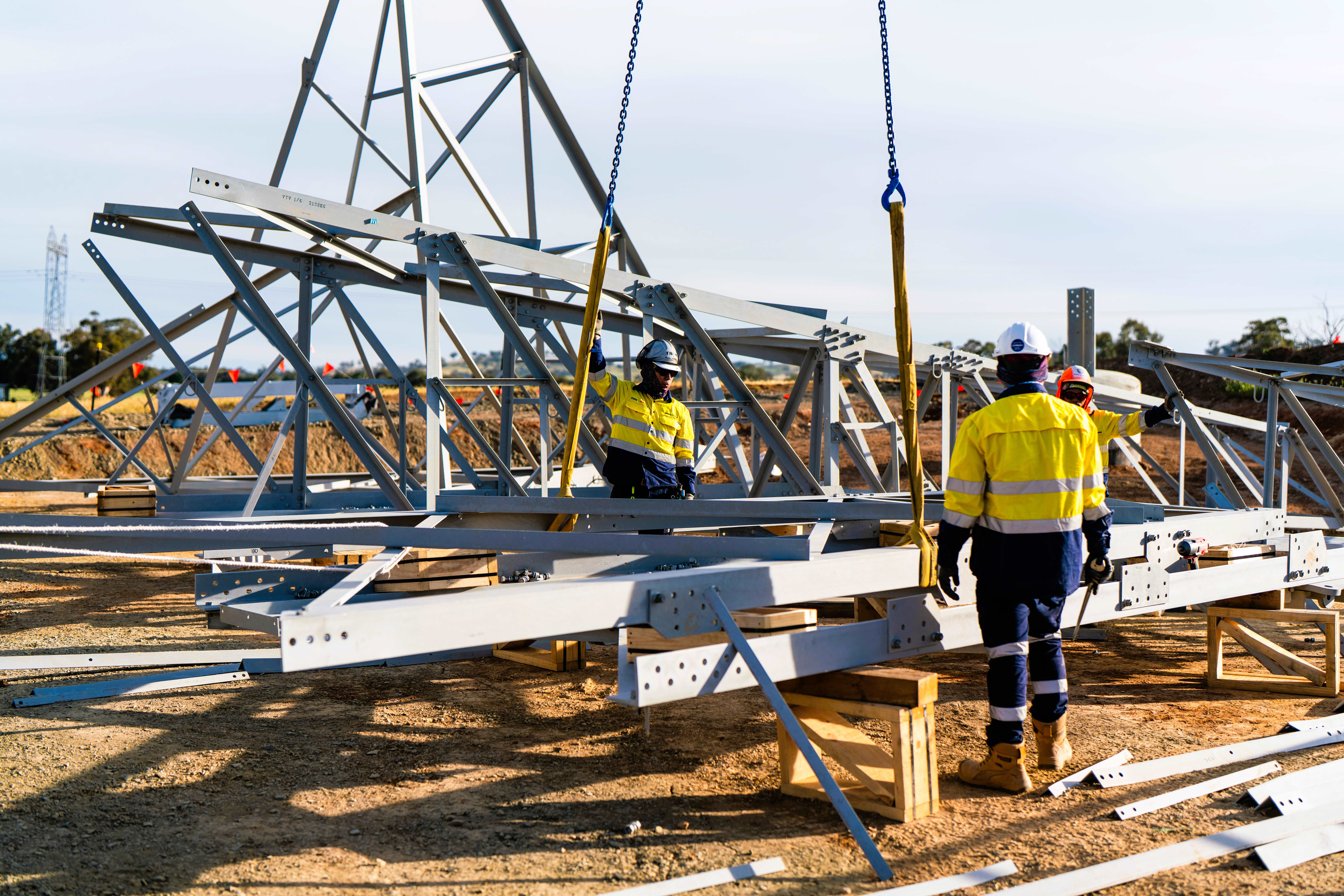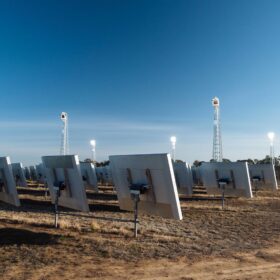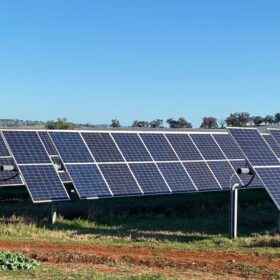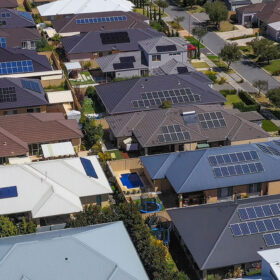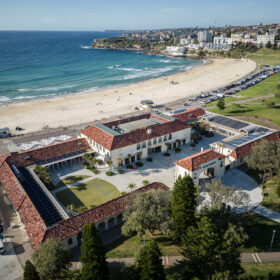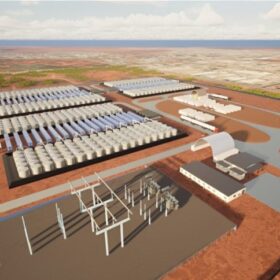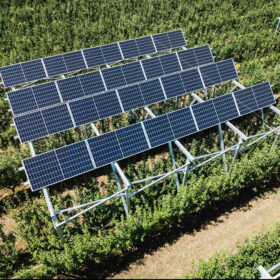Aggregate projects given the nod in Capacity Investment Scheme Tender 8
A market brief for the Capacity Investment Scheme Tender 8 has been released seeking 4 GW of four-hour equivalent clean dispatchable capacity projects in the National Electricity Market, and for the first time invites aggregrate projects to apply.
NSW energy distributors de-risk transition with new, unified system plan
Three New South Wales energy distributors have collaborated on the state’s first distribution system plan, which they say can sustain five years of energy transition momentum, while waiting for critical transmission infrastructure to be built.
Three year grid connection wait risks renewable energy targets: survey
One-in-five, or 20%, of renewable energy developers responding to an Intium grid-connection survey, say it took them two to three years waiting for grid connection approval, and delays are a threat to Australia’s renewable energy targets.
Nation critical construction of HumeLink East and West in full swing
Transgrid has issued a progress update on construction of the nation critical 365 km transmission infrastructure project in New South Wales, the HumeLink East and HumeLink West.
KPMG appointed voluntary administrators of Vast Renewables
Vast Energy has entered into voluntary administration, with KPMG Australia’s Peter Gothard and Amanda Coneyworth appointed as voluntary administrators to Vast and its wholly owned Australian subsidiary companies.
$1 million raise charges up AVESS vanadium flow battery deployment
Australian energy storage technology company AVESS Energy has completed a $1 million capital raise enabling the progression of projects including vanadium flow battery deployment at the Windimurra Vanadium Project.
South Korea mandates solar systems at public parking lots from late November
The South Korean government says all public parking lots larger than 1,000 square metres will be required to install solar power systems from the end of this month, as part of a nationwide policy to accelerate renewable energy adoption in urban areas.
Solar and battery agreement signed between EDPR and QIC
Portugese renewable energy giant EDP, through EDP Renewables Australia, has agreed to partner with the Queensland Investment Corporation to deliver the Punchs Creek Renewable Energy Project near Toowoomba.
Three hours of free power sounds great – but it could raise other costs and hamstring rooftop solar
It was the news that rippled around the nation – and then the world: at least three hours of free grid-supplied electricity for Australian households, every day.
Heritage building solar, battery installation red tape slashed in NSW
The New South Wales state government has slashed red rape for owners of state heritage-listed properties who can now install solar panels and batteries without seeking formal approval.

